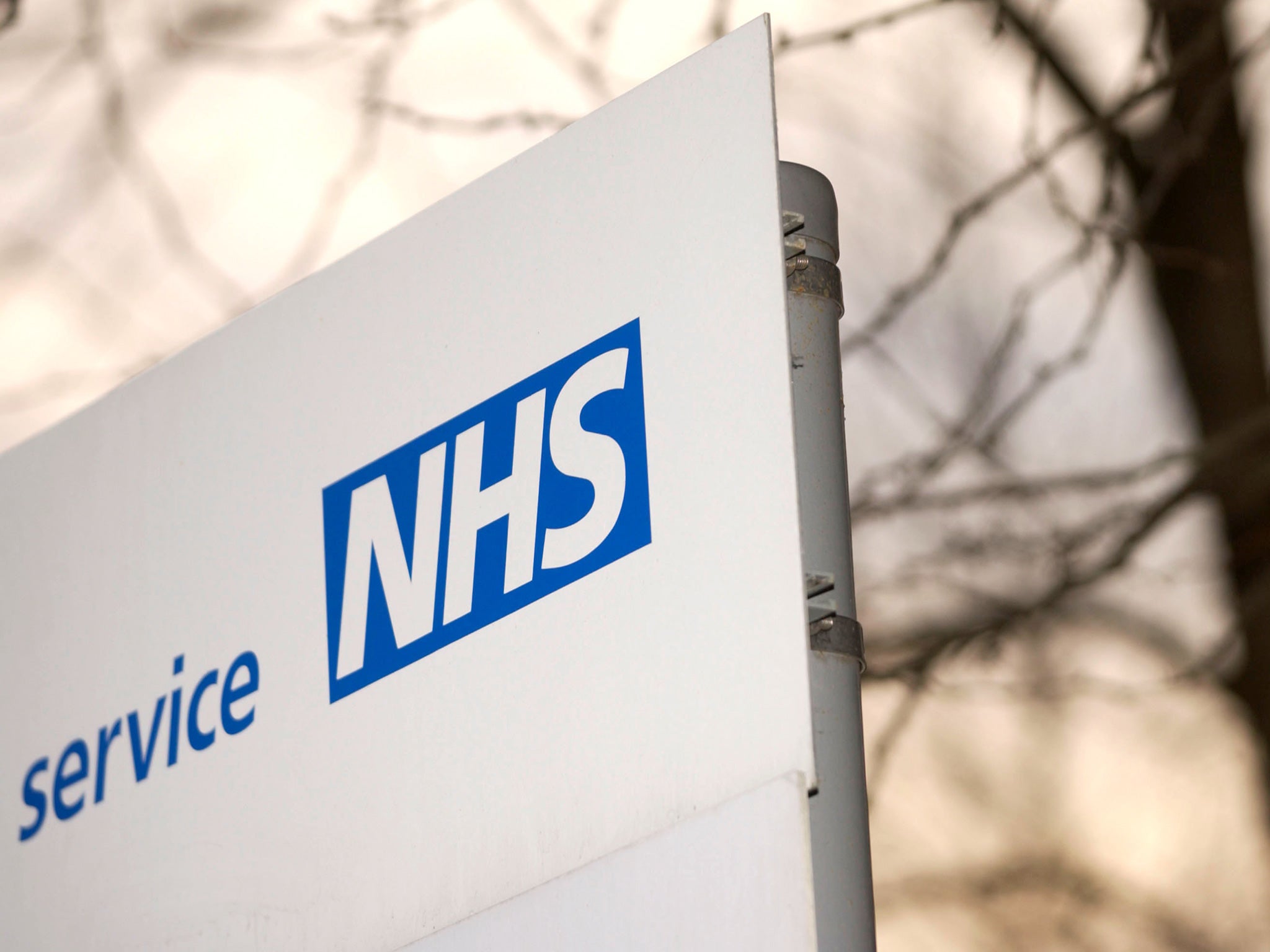Ban A&E ambulance chasers
We shouldn’t be encouraging the injured to cash in but to try to get better

Your support helps us to tell the story
From reproductive rights to climate change to Big Tech, The Independent is on the ground when the story is developing. Whether it's investigating the financials of Elon Musk's pro-Trump PAC or producing our latest documentary, 'The A Word', which shines a light on the American women fighting for reproductive rights, we know how important it is to parse out the facts from the messaging.
At such a critical moment in US history, we need reporters on the ground. Your donation allows us to keep sending journalists to speak to both sides of the story.
The Independent is trusted by Americans across the entire political spectrum. And unlike many other quality news outlets, we choose not to lock Americans out of our reporting and analysis with paywalls. We believe quality journalism should be available to everyone, paid for by those who can afford it.
Your support makes all the difference.What sort of information do you expect to see on TV screens in accident and emergency? Maybe some calming advice or waiting times or details of relevant issues, such as car park charges or where you can get refreshments while you’re waiting. Not lengthy commercials for ambulance chasing lawyers.
But that is exactly what I was confronted with in my local hospital’s A&E waiting room this week. The highly-dubious ad actually continued for what seemed like some minutes and was clearly aimed at someone like me, in pain and in a reasonably vulnerable position.
“Have you had an accident?” it screamed, as these ads do. “Was it your fault?” it continued. It set me thinking. I was there after damaging my foot in a football match. Up until them I’d simply written it off as an unfortunate accident, but maybe it was someone else’s fault. If so, what next?
“You may be entitled to compensation,” the commercial told me. In short, it wanted me to think about cashing in. And it was encouraging me to do so while I was in a fair degree of pain and keen to get medical attention.
Frankly I was shocked that personal injury lawyers are allowed to target vulnerable people. We shouldn’t be encouraging the injured to try to cash in, but to try to get better.
A little research revealed that I’m not alone in that view. Three years ago in Parliament, the then Department of Health minister said in answer to a question about personal injury lawyers’ adverts in A&E and on wards: “It is not acceptable for that sort of advertising in NHS hospitals.”
So why does it continue? The decision appears to be down to individual NHS trusts. They need to raise money and adverts are presumably an easy way to do so.
But in my view they’re selling their patients short and failing in their duty of care. The NHS should not hand unscrupulous claims companies access to people in a vulnerable position, such as those waiting anxiously in A&E.
Join our commenting forum
Join thought-provoking conversations, follow other Independent readers and see their replies
Comments